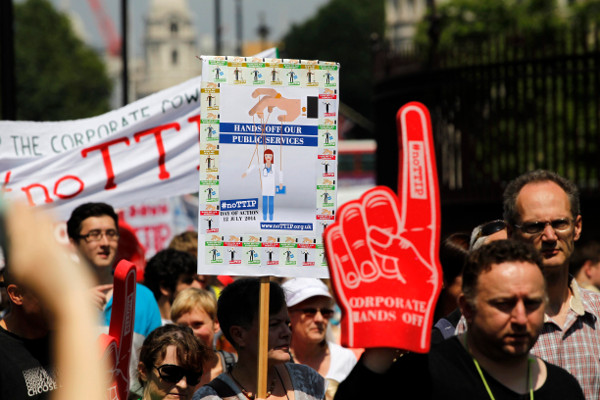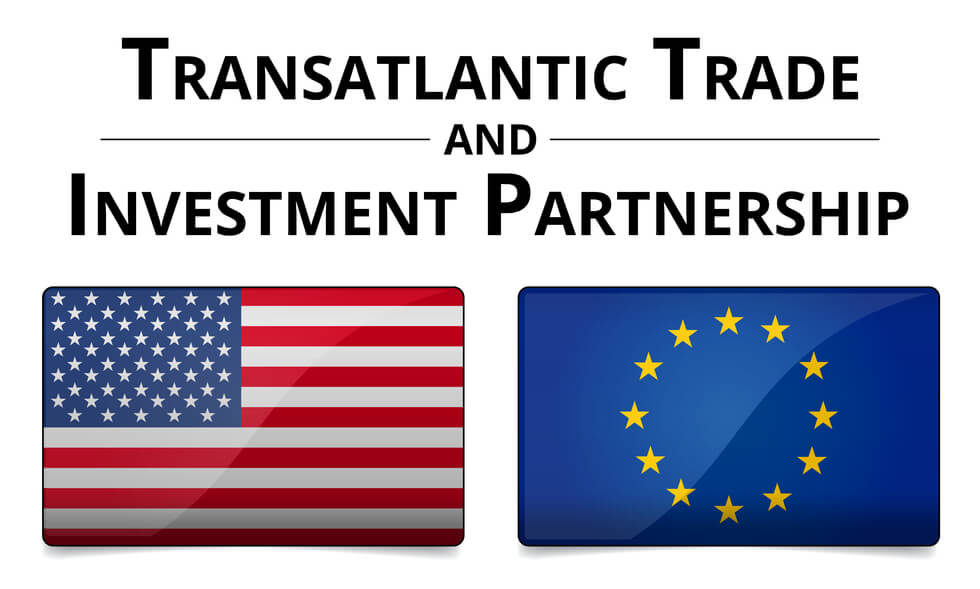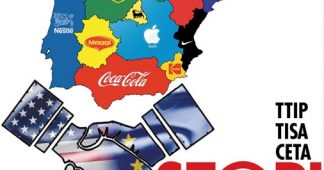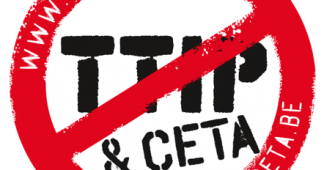By J.M. Knowles
WHEN a pickpocket has designs on your wallet, he devises some clever way to distract your attention. A prime example of this is the Canada-EU Trade Agreement (CETA) recently signed in Brussels and now presumably to be referred to all EU countries for a ratification that is assumed to be virtually automatic. What harm can there be in a trade agreement with good old Canada, which has never been known to harm anyone? Now you are suitably distracted, disarmed.
Literally millions of European voices have been raised against the USA-inspired Trans Atlantic Trade & Investment Program (TTIP) which effectively if accepted will turn our individual EU countries’ sovereignty over to the American corporate interests that originally designed it, in the very greatest secrecy and which continue to fail to disclose even its texts, let alone its ultimate implications, for public examination.
Shielded by this total lack of transparency, the TTIP is aided and abetted by corruptible members of the EU Commission Nomenclature who may expect to profit handsomely from their already demonstrated, unseemly eagerness to collude with its American negotiators.
In fact, the TTIP must be correctly understood not as a negotiation between two competing trading partners but as a calculated assault by transnational (read American) corporations whose sole aim is to remove any and all regulatory barriers to their activity, i.e., utterly to destroy any European regulations dealing with such vital matters as food safety, health services, the importation of GMO products, livestock, labour legislation, indeed anything that they consider to be “barriers” but which, based on the precautionary principle as followed throughout the EU, are actually highly protective and socially advanced. Such provisions are alien to American capitalist philosophy, which may best be characterised by the infamous “revolving door” between industries and their supposed “regulators” in the agencies that notoriously fail to regulate them. A mutually profitable arrangement.











